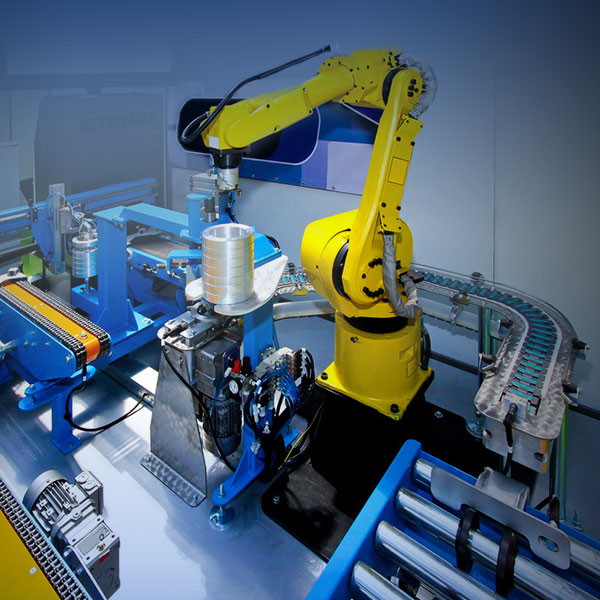
A new way to test GaN reliability
By Jim Witham, CEO of GaN Systems
Electronics Semiconductors GaN semiconductorUsers need to know if the technology is reliable and does it work as it’s supposed to?
Within the last decade, gallium nitride (GaN) has become a rising star in the power electronics industry. GaN’s use has transitioned from university labs to OEMs and Tier 1 companies using it in designs to build their next generation motor drives, power supplies, electric vehicle traction inverters, consumer adapters, and more.
The combination of new power systems design requirements for higher power, efficiency, and reliability and increasing demand for smaller and lighter products have accelerated the move to GaN. But, as with any new technology, companies need to know: is the technology reliable and does the technology work as it’s supposed to?
Challenges in Reliability and Qualification Guidelines
For power transistors, JEDEC (Joint Electron Device Engineering Council) and AEC (Automotive Electronics Council)-Q101 are the two foremost qualification tests and current guidelines and standards for GaN transistors are applied with silicon transistors as the foundation. This is problematic because GaN differs from silicon in material structure and construction requiring a closer look at how and which testing guidelines apply. Developing market consensus on test protocol has additional challenges:
- Not all failure mechanisms are the same for each of the suppliers and some suppliers may not have the expertise to know the failure mechanisms of their new devices.
- Not all companies share information on their understanding of application mission profiles for their targeted segments and failure mechanisms. Often, that knowledge is used as a competitive advantage resulting in limited knowledge sharing.
- Some suppliers have different technology priorities resulting in biases. Some companies only focus on GaN like GaN Systems, some have silicon and GaN or all three – silicon, silicon carbide (SiC), and GaN – creating differing vested interests.
A New Approach
To bridge the gaps in qualification testing, as well as prove that GaN Systems transistors’ lifetimes exceed market requirements, GaN Systems developed an enhanced qualification testing process. This process is done with its most rigorous customers – from the global automotive, industrial, and HiRel industries. The process takes considerations from the JEDEC and AEC-Q standards and decades of engineering experiences to make certain that there are no blind spots and biased conclusions.

Source: GaN Systems
The GaN Systems approach is a four-step cycle looking at device failure modes, transistor design, test design, and manufacturing process feedback:
- Device failure modes using techniques such as failure analysis, testing to failure, identification of intrinsic and extrinsic failure mechanisms, and Failure Mode and Effects Analysis (FMEA).
- Transistor design to prevent failures and ensure wear-out is long after the target lifetime. The process implements accelerated testing in extreme conditions and stress factors: temperature, humidity, frequency cycle time, and cosmic radiation – things that cause wear-outs.
- Test design starting with standard JEDEC and AEC-Q101 industry requirements and extending additional test methods that apply to GaN-specific needs and incorporating the differences between GaN and silicon transistors. GaN Systems refers to these as Extended JEDEC and AutoQual+™ qualification methods. AutoQual+ is an enhanced AEC-Q test sequence.
- Manufacturing process control for unique requirements, including some from the automotive industry. The manufacturing process is key therefore GaN Systems utilizes an automotive manufacturing flow for automotive-grade products.
For GaN Systems, this process is done not only to validate its GaN transistors but allow for continual improvement in future products to show GaN devices are reliable and robust in applications today and in the future. GaN Systems and its customer partners continue to meet on a regular basis to review results and ensure continuous alignment with system requirements, especially as mission profiles that model electronic system lifetimes are changing all the time. GaN Systems also actively participates and co-chairs a working group in the JEDEC JC-70 committee efforts which specifically focuses on Wide Bandgap (WBG) Power Electronic Conversion Semiconductors standards.
Reliability is key for GaN Systems customers especially in industrial and automotive sectors. As GaN technology has surpassed the early adopter stage, it is clear that GaN power transistors are reliable and deliver on the benefits of reducing power loss, size, weight, and total system cost. With enhanced qualification testing, validated by leading customers, GaN Systems has proven that GaN is as reliable as silicon.

Jim Witham, CEO of GaN Systems
